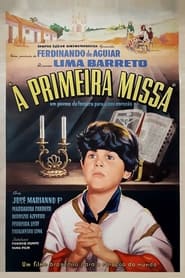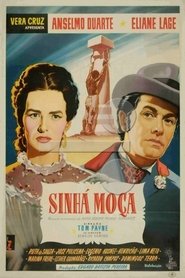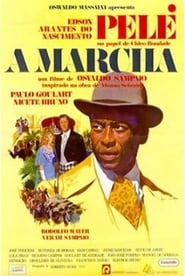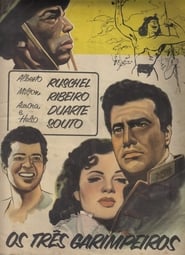detail profile ricardo campos
Peran Yang Di Mainkan Ricardo Campos
 The young Jimena searches for her...
The young Jimena searches for her...Canção ao Longe 2023
The young Jimena searches for her identity. The film follows the life of the young woman with her mother and grandmother, white middle-class women, and the exchange of letters with her father, a foreign and black man, whom the young woman resembles. Seeking to free herself from the feeling of inadequacy, Jimena rewrites her family relationships and creates other ways of experiencing love, friendship and work ties. Through her eyes, the film considers questions about class, family, tradition, race and gender.
 Meant principally for a sympathetic audience...
Meant principally for a sympathetic audience...The First Mass 1961
Meant principally for a sympathetic audience, whether Catholic or not, this routine story about a priest's receiving the call to the cloth may be a bit slow and theatrical for some viewers. Directed by Lima Barreto, the tale is told in a series of flashbacks as the priest remembers how he was transformed as a child into a person willing to give his life in service of the church and his God. Barreto also scripted the story, which in the end, may be too filled with religious platitudes and preachy overtones to effectively convey its message.
 In 19th century Brazil young people...
In 19th century Brazil young people...The Landowner's Daughter 1953
In 19th century Brazil, young people in the State of São Paulo fight against black slavery and the farmers who support it. Against this backdrop, Sinhá Moça falls in love with a young lawyer, and they get involved in a great love story.
 In the time of the cangaceiros...
In the time of the cangaceiros...The Bandit 1953
In the time of the "cangaceiros" in the badlands of the Northeast of Brazil, the cruel Captain Galdino Ferreira and his band abduct the schoolteacher Olívia, expecting to receive a ransom for her. However, one of his men, Teodoro, falls in love and flees with her through the arid backcountry chased by the brigands.

 A large protest march of escaped...
A large protest march of escaped...
